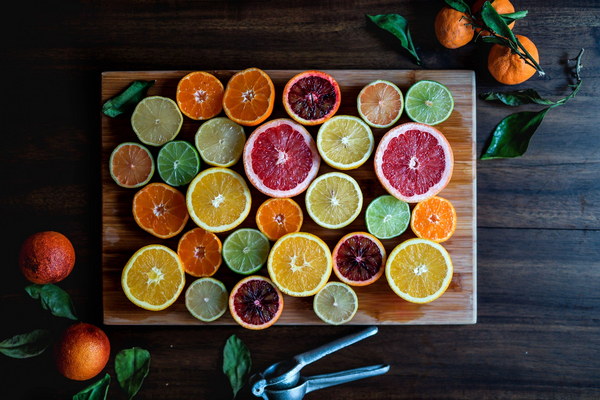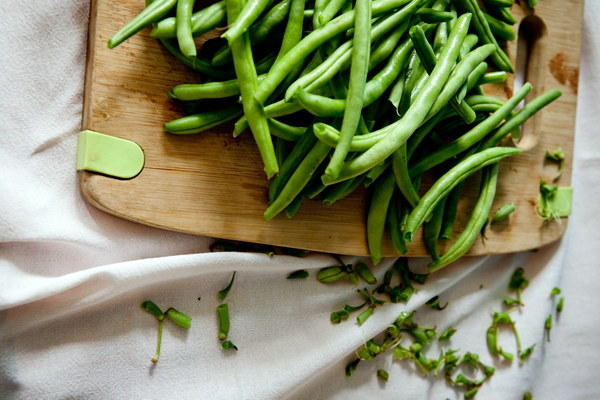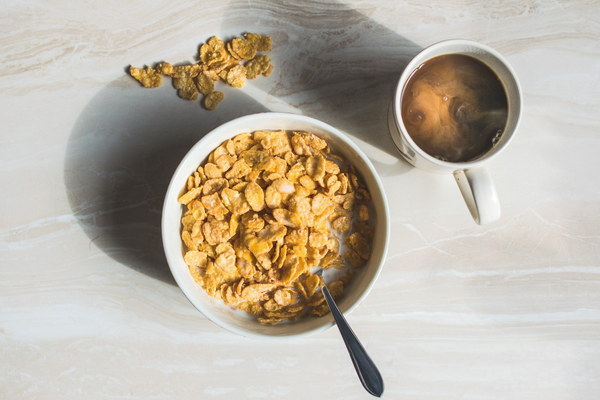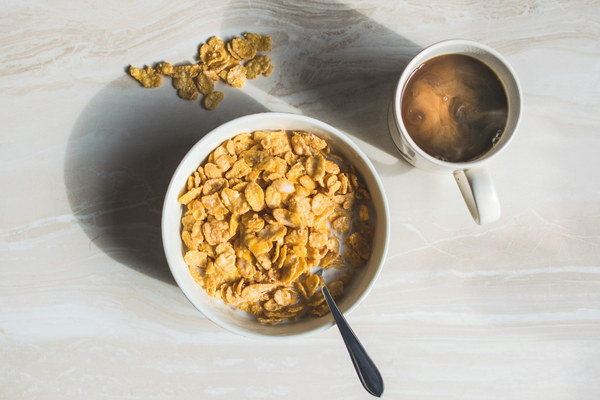Nourishing the Elders Winter Foods for Health and Vitality
As the winter season approaches, it's essential to pay extra attention to the diet of our elderly loved ones. The cold weather can take a toll on their health, making them more susceptible to colds, flu, and other seasonal ailments. However, with the right foods, we can help them maintain their strength, vitality, and overall well-being. In this article, we will explore the best winter foods for seniors to keep them warm and healthy throughout the season.
1. Warm and Nutritious Soups
Soups are a fantastic way to keep the body warm during the winter months. They are rich in nutrients and can be easily digested by the elderly. Chicken soup, for instance, is packed with vitamin C and can boost the immune system. Other hearty soups, such as vegetable or lentil soup, provide a good source of fiber, protein, and essential minerals.
2. Roasted Vegetables
Roasting vegetables is a simple yet delicious way to add flavor and nutrition to meals. Roasting brings out the natural sweetness of vegetables, making them more palatable for those with diminished appetites. Carrots, sweet potatoes, and beets are excellent choices, as they are rich in vitamins A, C, and E, as well as fiber.

3. Citrus Fruits
Citrus fruits like oranges, lemons, and grapefruits are bursting with vitamin C, which is crucial for maintaining a strong immune system. These fruits are also high in antioxidants and can help reduce inflammation. Encourage seniors to incorporate citrus fruits into their diet by adding them to salads, smoothies, or simply eating them as a snack.
4. Hearty Whole Grains
Whole grains such as brown rice, quinoa, and oatmeal are excellent sources of fiber, vitamins, and minerals. They can help keep seniors feeling full and energized throughout the day. Oatmeal, for example, is not only warming but also contains beta-glucans, which have been shown to lower cholesterol levels.
5. Lean Proteins
Elderly individuals require high-quality protein to maintain muscle mass and strength. Lean proteins such as chicken, turkey, and fish are great options. Tofu, tempeh, and legumes are also excellent choices for those who follow vegetarian or vegan diets. These proteins are rich in essential amino acids, which help repair and build tissues.
6. Warm Beverages
Hot beverages can provide comfort and warmth while also offering health benefits. Green tea, for instance, is rich in antioxidants and can aid in weight management, heart health, and cancer prevention. Other warm drinks, such as warm milk, herbal teas, and hot chocolate, can help keep seniors hydrated and relaxed.
7. Fermented Foods
Fermented foods, such as yogurt, kefir, and sauerkraut, are packed with probiotics, which promote a healthy gut flora. A strong gut microbiome is essential for overall health, as it can impact everything from digestion to immune function. Encourage seniors to incorporate these foods into their diet, either as a snack or as part of a meal.
8. Nuts and Seeds
Nuts and seeds, such as almonds, walnuts, chia seeds, and flaxseeds, are rich in healthy fats, protein, vitamins, and minerals. They can be a great addition to salads, yogurt, or even sprinkled over roasted vegetables. These foods can help maintain bone health, reduce inflammation, and support heart health.
By incorporating these winter foods into the diet of our elderly loved ones, we can help them stay healthy, warm, and vibrant throughout the cold season. It's essential to ensure they receive a balanced and varied diet, tailored to their individual needs and preferences. With the right foods, we can help our seniors enjoy a comfortable and fulfilling winter.









![Unwind and Rejuvenate Discover the Therapeutic Benefits of Yangcheng Sauna and Foot Massage at [Phone Number]](http://img.bluepurple.cn/a/养生/120/Unwind-and-Rejuvenate-Discover-the-Therapeutic-Benefits-of-Yangcheng-Sauna-and-Foot-Massage-at-Phone-Number.jpg)